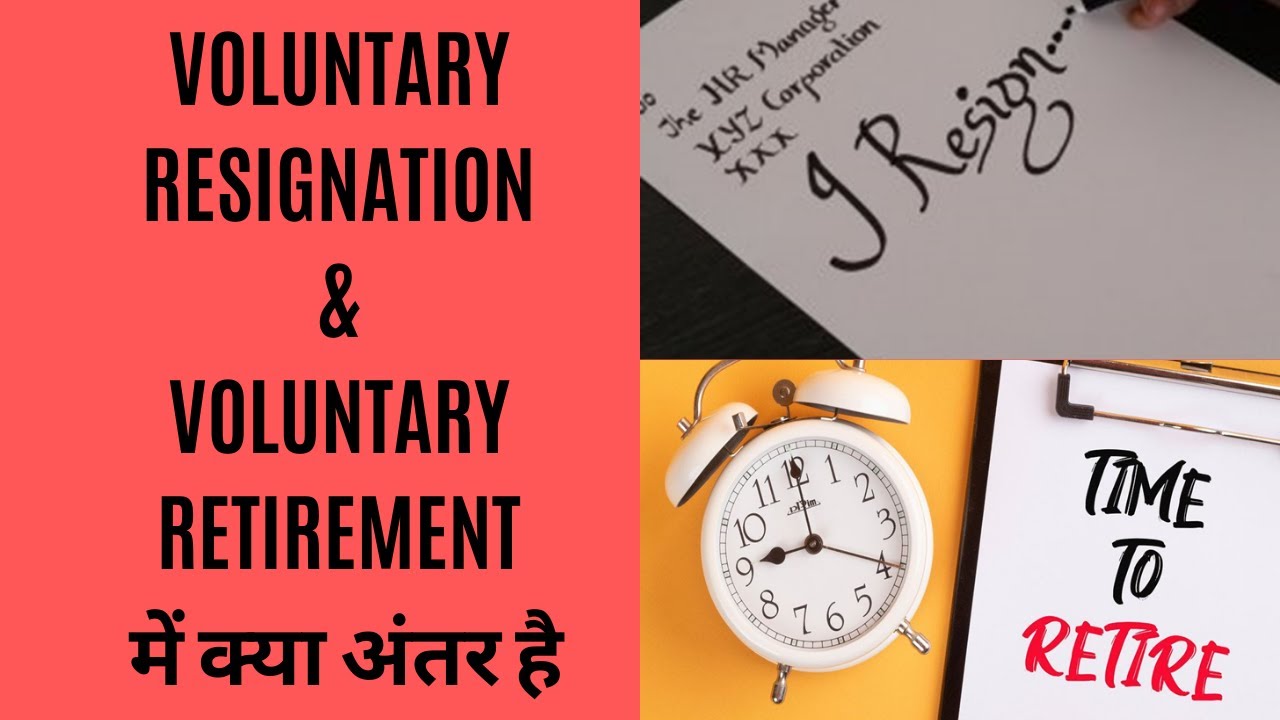Jasbir Singh, J.
Civil Misc. No. 2249-LPA of 2014
1. In view of averments made in this application, the same is allowed. Delay of 175 days in filing the appeal stands condoned.
Letters Patent Appeal No. 978 of 2014
2. In a criminal case, respondent remained in custody from 25.10.2010 to 3.1.2011. After trial, he was convicted on 3.11.2007. However, on 24.12.2010 he was ordered to be released on probation of good conduct for one year. He submitted his joining report in the department on 4.1.2011, which was not accepted. Thereafter, as a matter of fact, he was taken back into service on 10.1.2011 and he performed his duties till 26.1.2011. Thereafter, he was not allowed to join his duties on the ground that he was allowed to join him by an unauthorised person. It is an admitted fact that after his arrest in the above said criminal case, no charge sheet was issued to the respondent. He was not even put under suspension. It is on record that subsequent thereto, the appellant was taken back into service. However, for the period of one year, starting from 3.1.2011 when he was ordered to be released on probation, salary was not paid. The above action was challenged by the respondent by filing Civil Writ Petition No. 8599 of 2012, which was allowed by the learned Single Judge on 25.10.2013. Hence, this appeal.
3. Counsel for the appellants has failed to rebut any fact as has been mentioned above. Once, it is come on record that the respondent was not charge sheeted and even was not put under suspension during trial and after his conviction, it is not open to the appellant to deny salary for one year when the respondent was put under probation. There is no justification for the same. The learned Single Judge, noting the above facts, has rightly observed as under:-
The present case is not one of dismissal from service. The petitioner was taken back in service and continued to remain in service by keeping him without work till the expiration of the probation period had run over by efflux of time. Neither any charge sheet was issued nor any departmental proceedings were initiated against him. Therefore, I am of the view that petitioner would be entitled to full salary for the period 26.01.2011 to 3.01.2012, the period prior thereto standing surrendered. Even though, the petitioner did not perform duties he is still entitled to arrears of full salary and allowances since he would be deemed to have done so because of an action of the State Government in denying him opportunity to serve. Probation following conviction in a criminal case has nothing to do with civil rights and claim to salary since the rules of service do not create such bar. Probation is a sentencing option available to the criminal court as an alternative of sending the defendant to jail. It is a guarantee for good conduct during probation. The convicted person is sent back to community living to demonstrate good behaviour for the period of suspended sentence justifying opportunity of reconciliation and reparation and return to mainstream immediately conditionally free. It is inherent then that where the person is a government servant he is not restrained or precluded to perform work by virtue of operation of suspended sentence and remains free to discharge all things which have civil bearings, duties and responsibilities. The criminal charge in the present case did not arise out of public employment or duties arising therefrom. If the department chose not to take work from the petitioner during the period of probation they did so at their own peril even though the conviction stood and still does. It deserves repetition that the petitioner was not placed under suspension or deemed suspension. The employment meter kept running minus the period of police and judicial custody with no lawful instrument to stop it. Besides, the department did not pass an order withholding salary nor by assigning any reason till the impugned order was passed on 16.8.2012 on a memorial presented by the aggrieved petitioner. Denial of the claim for arrears of salary and allowances for the disputed period is found unreasonable. The judgment relied upon by Mr. Nehra is of no help to the State and is distinguishable on facts and law.
4. It is not canvassed before us that conviction of the respondent was on account of dereliction of duties when in service. The respondent was allowed to work during the period of probation at his own risk and cost. Arbitrarily, salary for the said period was retained without any justification and without any reason.
5. No case is made out to cause interference by this Court in the present appeal.
6. Dismissed.

